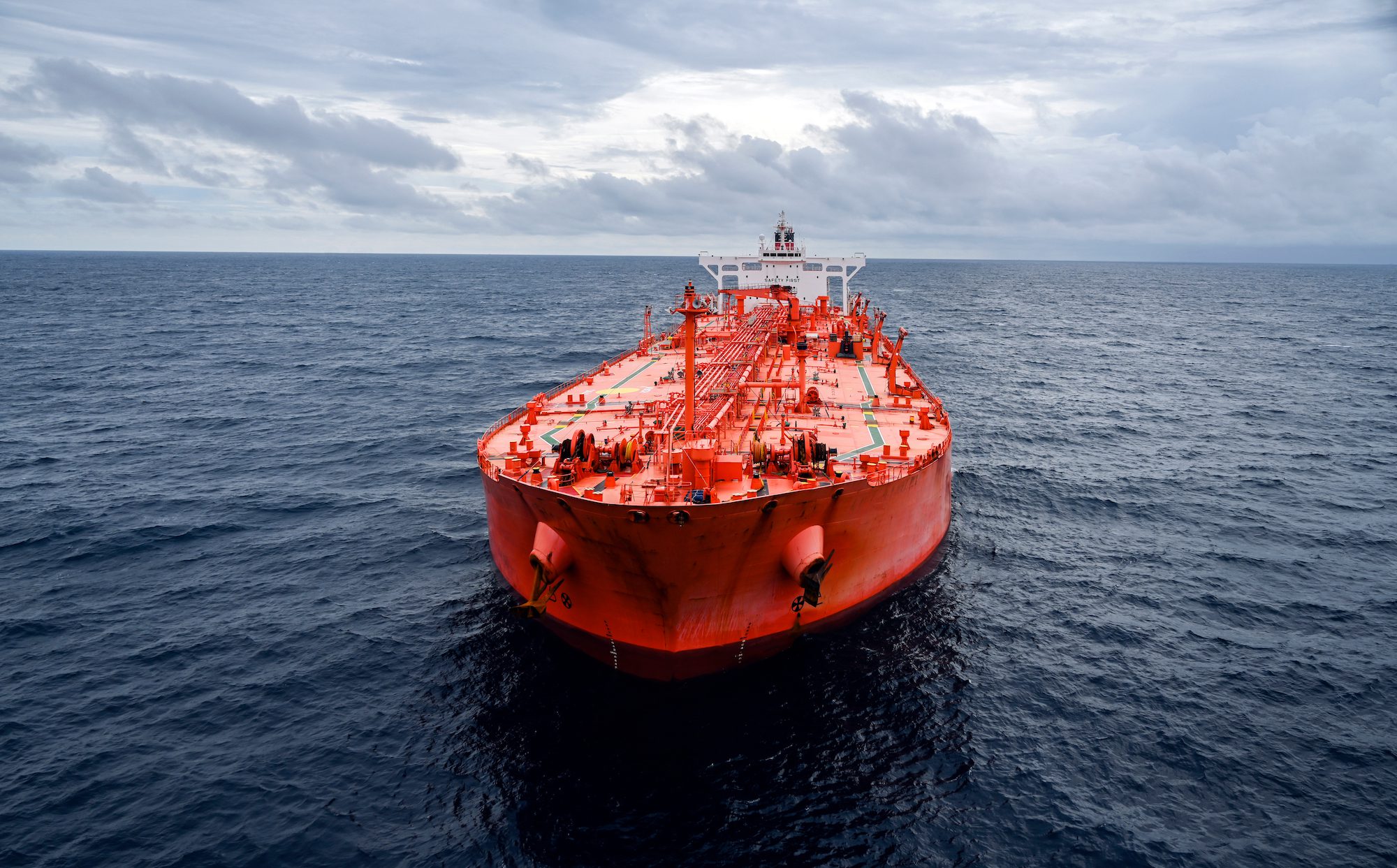Ships Fleeing The Red Sea Now Face Perilous African Weather
By Alex Longley and Paul Burkhardt (Bloomberg) –Ships sailing around the southern tip of Africa are wrestling with a bout of bad weather that has already run one vessel aground and...


Stock Photo: Shutterstock/bob63
By Ira Breskin,
NEW YORK– Despite being clunky, sanctions that prohibit shipowners from lifting or transporting certain grades of Russian petroleum and other commodities are workable.
That is the consensus of five expert panelists, all attorneys, who spoke here last week at the 29th annual Hellenic-American/Norwegian-American Chambers of Commerce Shipping Conference.
Sanctions’ increased workability results, in large part, “from the maturation of dialogue between OFAC (the Office of Foreign Assets Control) and the shipping industry,” said Matthew Thomas, a partner with the Blank Rome law firm.
OFAC is the Treasury Department unit that administers and enforces economic and trade sanctions. During the past year, the US government and the European Union have imposed a series of sanctions against Russia in retaliation for its invasion of the Ukraine in February 2022.
OFAC’s constructive dialogue with carriers resulted in it simplifying carrier compliance when the agency recently agreed to reduce required data collection. More specifically, OFAC now accepts carriers’ “attestations” that the sale price of Russian crude and diesel that they are carrying falls within OFAC price limits that define a permissible, insurable charter.
That OFAC ruling alleviated a major carrier concern because “the ship owning sector does not have access to granular pricing information,” said Bruce Paulson, chair of Seward and Kissel’s Sanctions Practice Group.
And ongoing OFAC/carrier cooperation allows the agency to better focus on policing willful sanctions “cheaters” or violations, Blank Rome’s Thomas added.
Yet, some compliant carriers inadvertently get caught in the regulatory net because “sanctions are still confusing and create a lot of havoc with owners and P&I clubs,” said Dan Tadros, chief operating officer of The American (P&I) Club’s management firm.
OFAC mandates that P&I clubs– mutual insurance associations that provide carriers with third-party risk protection– withdraw coverage for sanctions violators. Those carriers, and P&I clubs insuring them, can face heavy fines.
To eliminate risk of a sanctions violation, P&I clubs simply are denying requisite coverage to carriers whose cargo could be subject to heightened OFAC scrutiny, according to Seward and Kissel’s Paulson.
“There is a lot of self-sanctioning happening,” he said.
Ira Breskin is a senior lecturer at State University of New York Maritime College in the Bronx, NY and author of The Business of Shipping (9th edition, 2018), a primer that explains shipping economics, operations and regulations.
Join the gCaptain Club for curated content, insider opinions, and vibrant community discussions.


Join the 107,201 members that receive our newsletter.
Have a news tip? Let us know.
Access exclusive insights, engage in vibrant discussions, and gain perspectives from our CEO.
Sign Up




Maritime and offshore news trusted by our 107,201 members delivered daily straight to your inbox.



Essential news coupled with the finest maritime content sourced from across the globe.
Sign Up